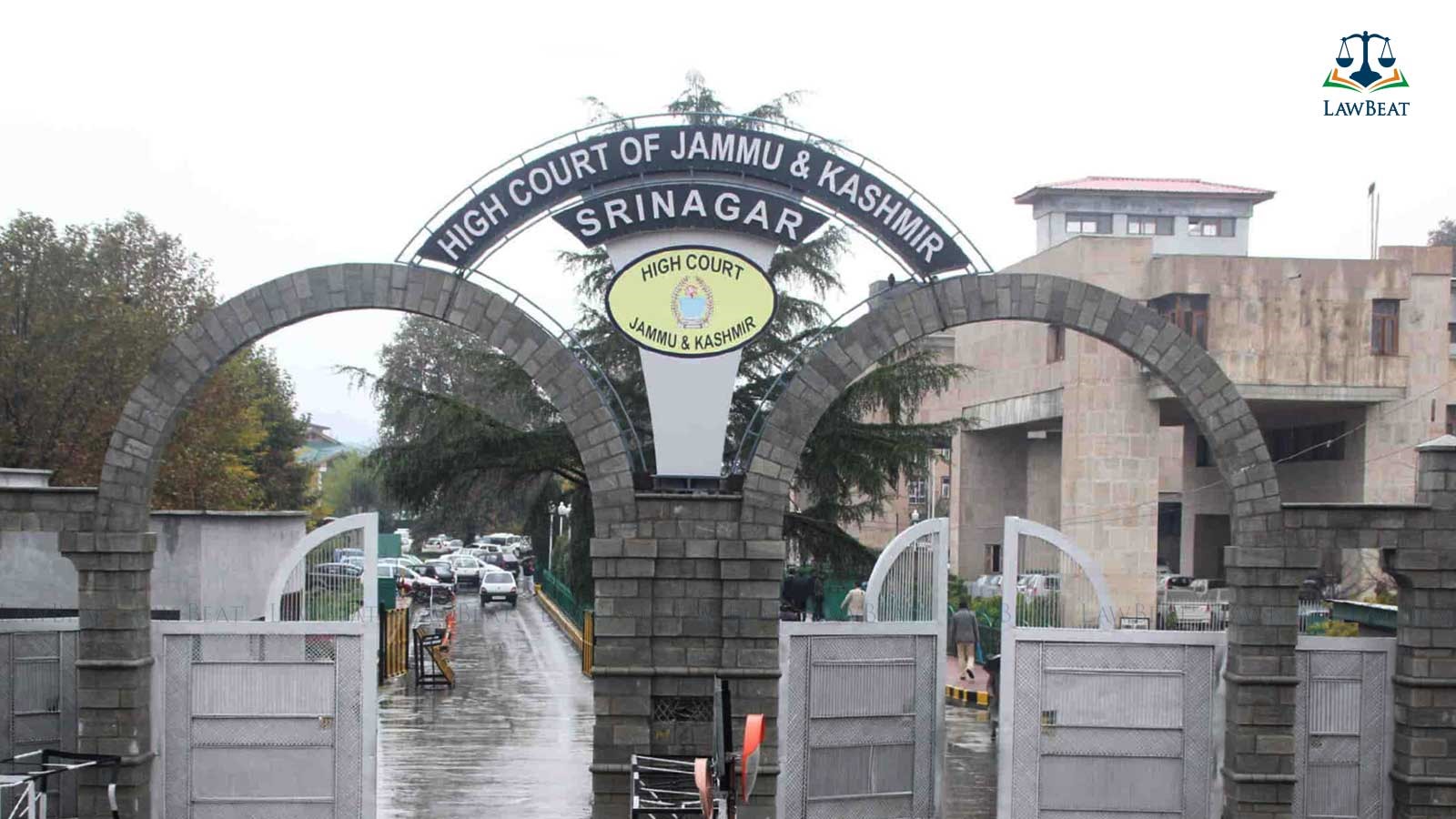Can Government Employees Contest Assembly Polls Without Resigning? J&K and Ladakh HC to Decide

The court noted that all observations in the present order shall be preliminary and subject to further interpretation after it has heard arguments from both sides
The Jammu and Kashmir and Ladakh High Court has taken up the issue of whether government employees can contest assembly elections without resigning from their positions. The court is set to determine the constitutionality of Rule 14 of the Jammu and Kashmir Government Employees (Conduct) Rules, 1971, which prohibits government employees from engaging in political activities.
A Division bench comprising Justice Atul Sreedharan and Justice Mohammad Yousuf Wani have scheduled the matter for further hearing on October 21, 2024 while issuing notices to all respondents, including the Election Commission of India and the Jammu and Kashmir government, asking them to file their replies within four weeks.
The court was hearing a plea wherein the petitioner, Zahoor Ahmad Bhat, a Senior Lecturer in the School Education Department, who challenged the legality of Rule 14, which restricts government employees from participating in politics, including standing for elections. Represented by Advocate Shafqat Nazir, Bhat argued that the rule violates his right to participate in the upcoming Legislative Assembly elections. It was contended that Rule 14 does not explicitly prohibit contesting elections, unlike corresponding rules for government employees in Uttar Pradesh, Karnataka, and Tripura, where standing for elections is explicitly barred. He further argued that the rule should be interpreted to allow government employees to contest elections, with the requirement to resign only if elected.
Advocate General D.C. Raina, representing the respondents, countered this argument by pointing to Rule 13(3), which prohibits government employees from criticising government policies. According to the respondents, contesting elections would inevitably involve public criticism of the government, thereby violating both Rule 13(3) and Rule 14. They also referred to Section 134-A of the Representation of the People Act, 1951, which imposes penalties on government servants acting as election agents, polling agents, or counting agents, suggesting that this provision supports the prohibition of government employees standing for elections.
The court disagreed with the Advocate General’s interpretation of Section 134-A of the Representation of the People Act (RP Act), noting that “Section 134-A of the RP Act, 1951, is of the view that the penalty to be imposed is only for persons who are government servants, but acting as election agent, or a polling agent or a counting agent of a candidate and does not extend or provide any penalty for a government employee standing as a candidate himself.” The bench emphasised that penal provisions should be interpreted strictly and that Section 134-A does not extend to government employees standing for election as candidates.
In addition, the court took note of Article 191 of the Indian Constitution, which deals with disqualification from legislative membership for persons holding an office of profit under the government, and its analogous provision in the J&K Reorganization Act, 2019.
As a result, the court issued notices to all respondents seeking their responses within four weeks and directed the competent authority to consider the petitioner’s application dated August 7, 2024, in accordance with the law.
Cause Title: Zahoor Ahmad Bhat vs. Election Commission of India [WP (C) No. 2005/2024]
